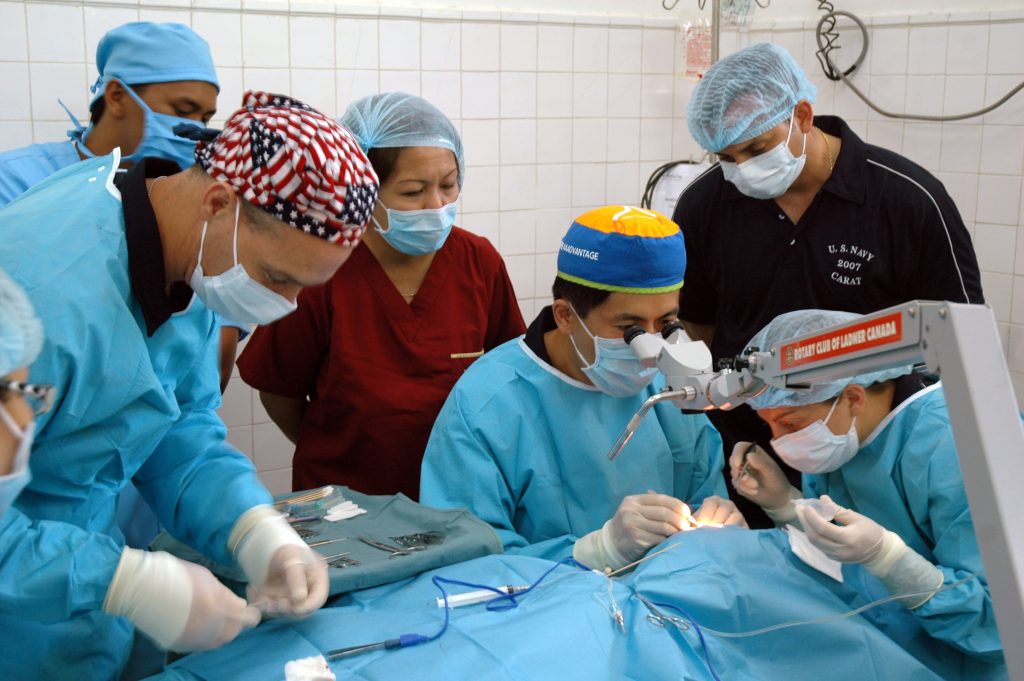 “Causation is an issue of fact.” “It is the test for determining the causal relationship between an accident and an ensuing injury.” D’Angelo v. Guarino. This definition was vital in the following case.
“Causation is an issue of fact.” “It is the test for determining the causal relationship between an accident and an ensuing injury.” D’Angelo v. Guarino. This definition was vital in the following case.
In this case, court records revealed that Dwayne Levine (Plaintiff) was involved in an accident in 2012 that required two surgeries to his right ankle: one to help stabilize it and the other to fuse his bones to his ankle. In early 2013, the Plaintiff was recovering and about to transition from a boot to a shoe, though he still reported faint pains.
However, on July 26, 2013, before the Plaintiff’s six-month follow-up, he re-injured his right foot when he slammed on his car brake to avoid a road collision. Soon after the incident, the Plaintiff experienced pain and went to the hospital. There, he received a splint and medication. At his follow-up visit, he did physical therapy and was given more pain medication. When his pain continued, a CT scan revealed the sub-talar joint had not fused since his initial surgery. As a result, a revision surgery was done in October 2013 to fuse the joint and remove the metal implant. A skin graft procedure was also done to stop an infection and care for the injury.
 Louisiana Personal Injury Lawyer Blog
Louisiana Personal Injury Lawyer Blog


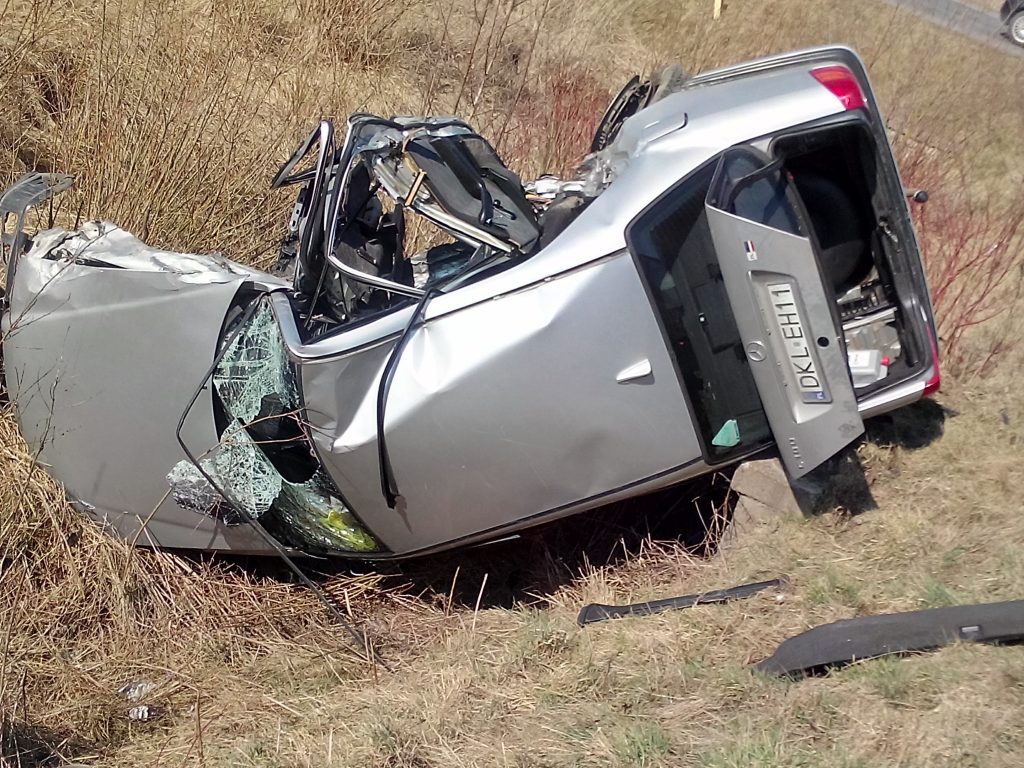 Car accidents can often give rise to lawsuits with complicated issues of causation and damages. Often, one or both sides will have expert witnesses to help explain complicated issues to the jury. What happens if one side argues the other side’s expert witness should not be allowed to testify as an expert witness?
Car accidents can often give rise to lawsuits with complicated issues of causation and damages. Often, one or both sides will have expert witnesses to help explain complicated issues to the jury. What happens if one side argues the other side’s expert witness should not be allowed to testify as an expert witness?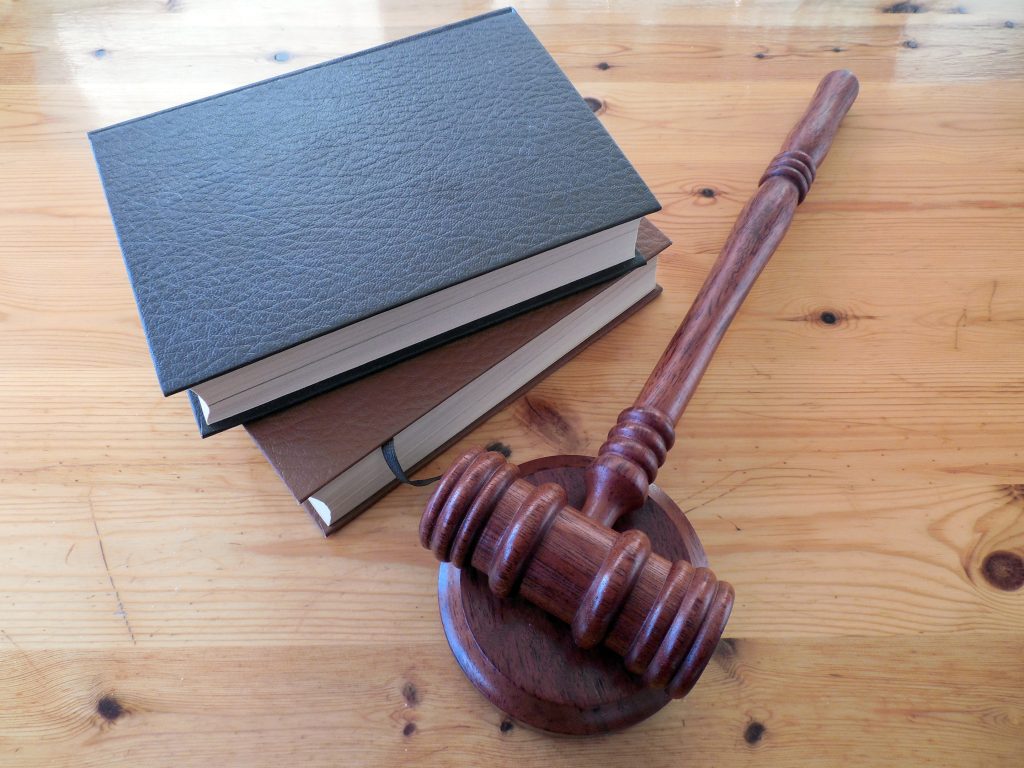 If you retain a lawyer, you expect they will fairly represent you. What happens if after you hired a lawyer, you learn that lawyer had previously represented one of the parties you are suing, multiple times? Just like in other lawsuits, it is essential that you file any lawsuit within the required time period for bringing a claim. If you wait too long, then a court may be unable to hear your claim.
If you retain a lawyer, you expect they will fairly represent you. What happens if after you hired a lawyer, you learn that lawyer had previously represented one of the parties you are suing, multiple times? Just like in other lawsuits, it is essential that you file any lawsuit within the required time period for bringing a claim. If you wait too long, then a court may be unable to hear your claim.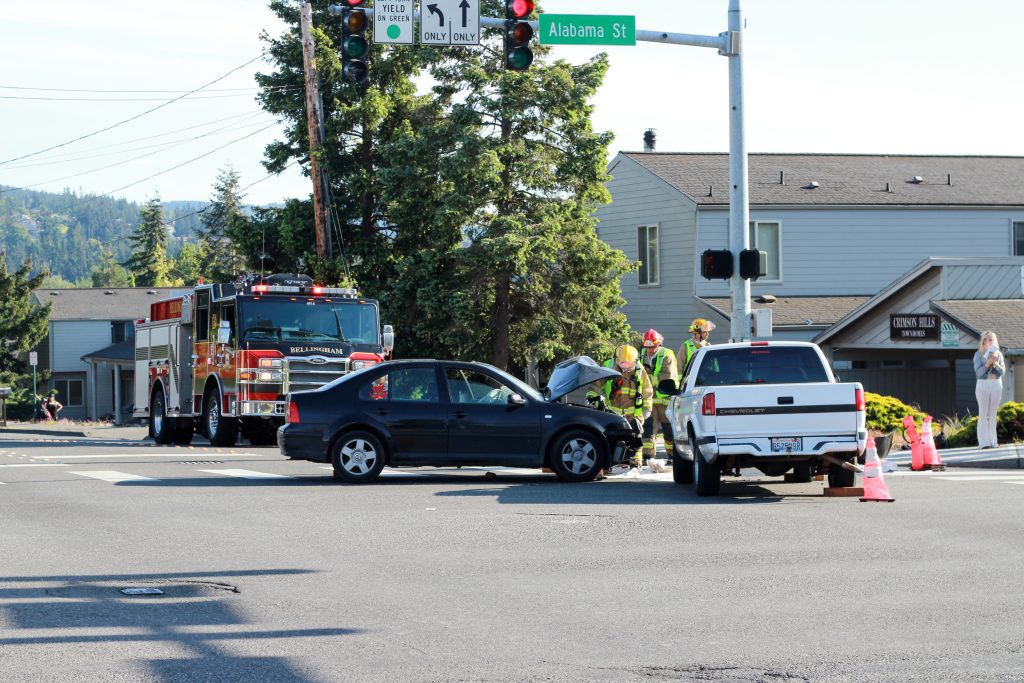 If you purchase an under or uninsured insurance policy, you might expect it to cover you if you are involved in a car accident. However, such insurance policies only apply in limited circumstances. By understanding your under or uninsured insurance policy and what evidence is required to establish your damages, you can avoid surprises down the road.
If you purchase an under or uninsured insurance policy, you might expect it to cover you if you are involved in a car accident. However, such insurance policies only apply in limited circumstances. By understanding your under or uninsured insurance policy and what evidence is required to establish your damages, you can avoid surprises down the road.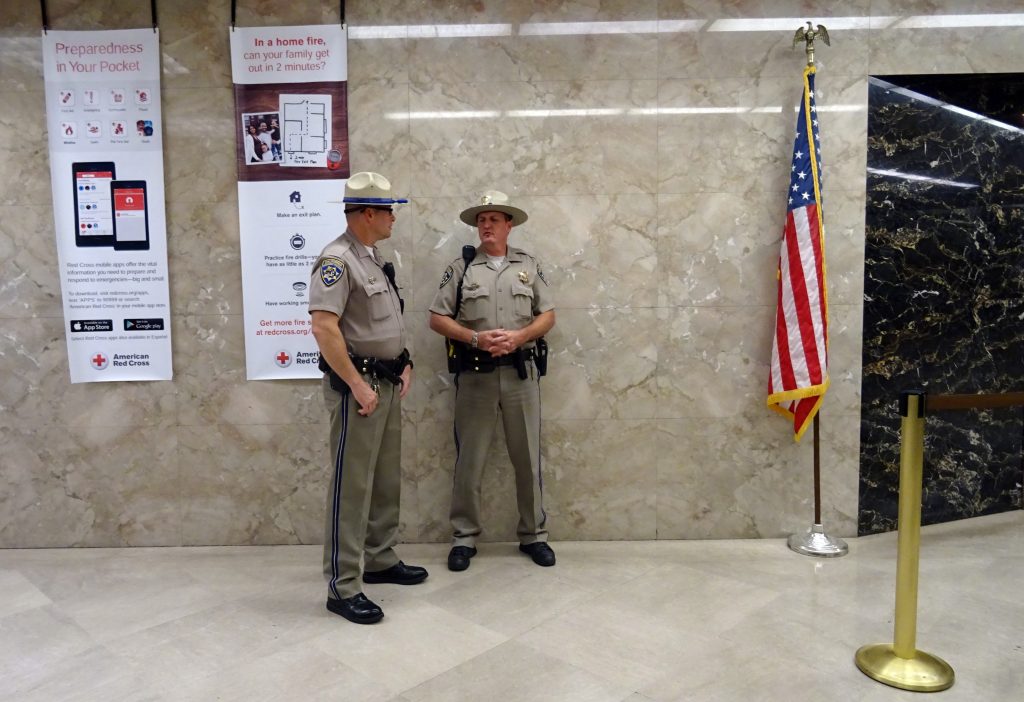 Although the Constitution provides for the right to an attorney in criminal cases, this right does not apply to civil cases. What happens if you bring a claim for excessive force but your attorney withdraws? Are you entitled to have counsel appointed to represent you?
Although the Constitution provides for the right to an attorney in criminal cases, this right does not apply to civil cases. What happens if you bring a claim for excessive force but your attorney withdraws? Are you entitled to have counsel appointed to represent you? 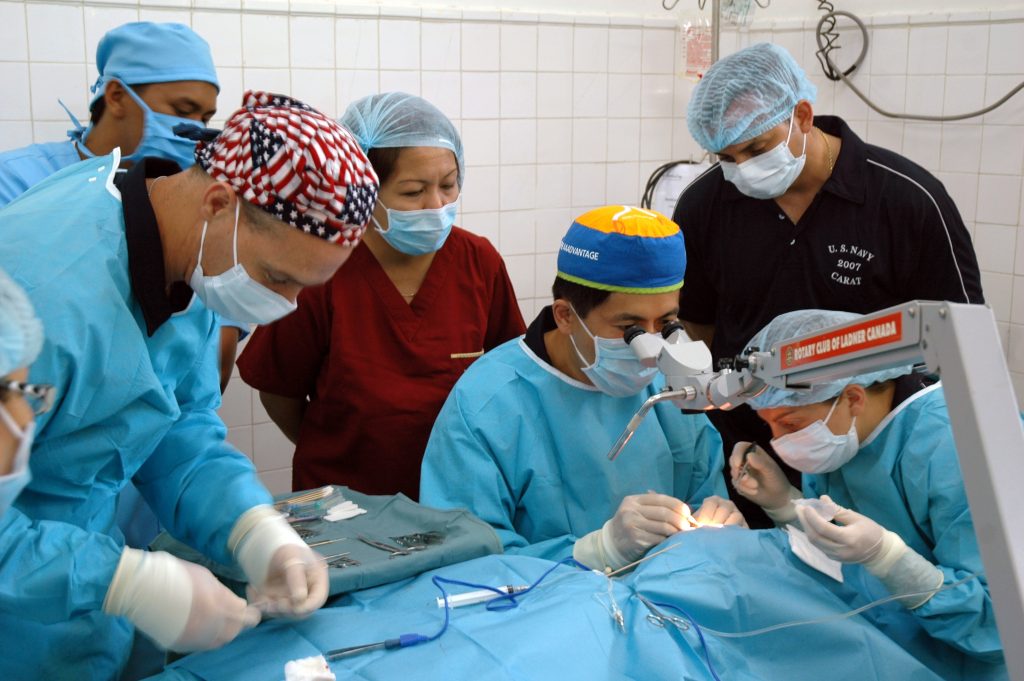 Undergoing a surgery is always a nerve-wracking experience. You want to be able to trust that your surgeon conducted and reviewed the appropriate pre-operative tests. Can a surgeon be held liable if he or she fails to review the results of the pre-operative tests before performing the surgery?
Undergoing a surgery is always a nerve-wracking experience. You want to be able to trust that your surgeon conducted and reviewed the appropriate pre-operative tests. Can a surgeon be held liable if he or she fails to review the results of the pre-operative tests before performing the surgery?  In the bustling corridors of the U.S. Postal Service in Istrouma, Louisiana, a tale of workplace strife and legal intricacies unfolded. Catherine J. Valdry, a dedicated mail carrier, found herself entangled in a web of allegations against her supervisor, Clifton Maryland, a Customer Service Manager. What began as a refusal to join Maryland on a fishing trip soon spiraled into an alleged hostile work environment, as Valdry claimed she faced emotional distress and aggressive conduct. When she summoned the courage to report Maryland’s behavior, the situation took a turn for the worse, with ominous warnings and intensified micromanagement. Valdry’s pursuit of justice led her to the courtroom, where she aimed to prove her case, facing the challenging task of establishing a retaliatory hostile work environment. This article delves into the legal intricacies of her journey, from the district court’s initial ruling to the appellate court’s ultimate decision, which ultimately declared the case moot.
In the bustling corridors of the U.S. Postal Service in Istrouma, Louisiana, a tale of workplace strife and legal intricacies unfolded. Catherine J. Valdry, a dedicated mail carrier, found herself entangled in a web of allegations against her supervisor, Clifton Maryland, a Customer Service Manager. What began as a refusal to join Maryland on a fishing trip soon spiraled into an alleged hostile work environment, as Valdry claimed she faced emotional distress and aggressive conduct. When she summoned the courage to report Maryland’s behavior, the situation took a turn for the worse, with ominous warnings and intensified micromanagement. Valdry’s pursuit of justice led her to the courtroom, where she aimed to prove her case, facing the challenging task of establishing a retaliatory hostile work environment. This article delves into the legal intricacies of her journey, from the district court’s initial ruling to the appellate court’s ultimate decision, which ultimately declared the case moot.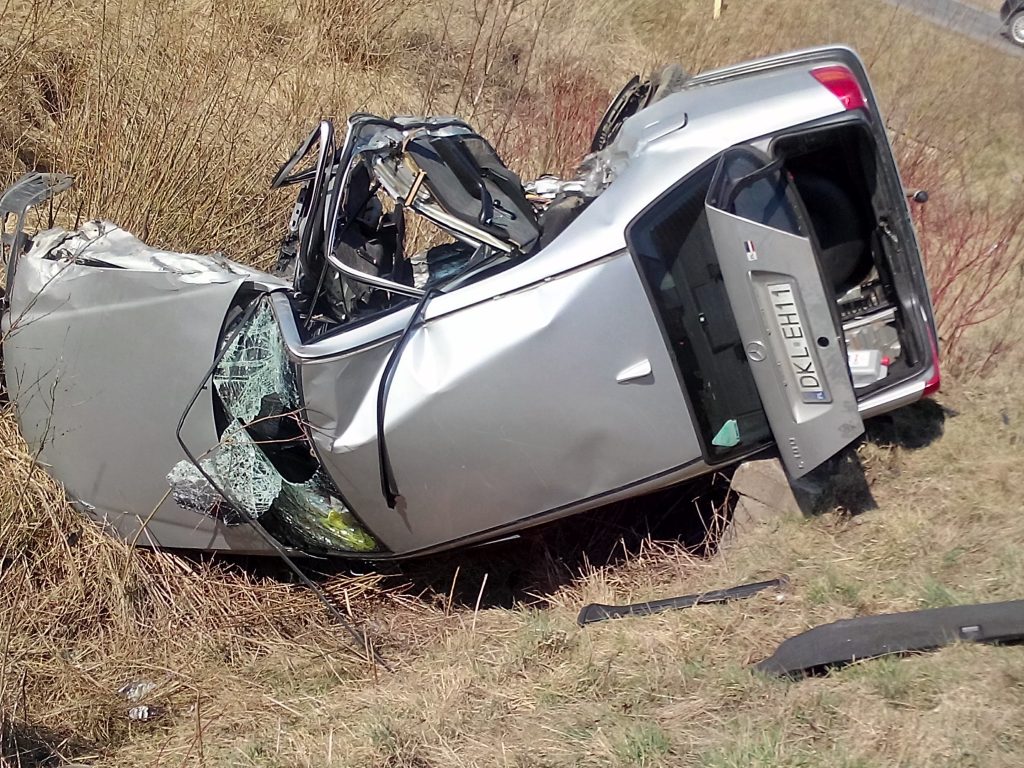 Why would you appeal a judgment when the jury ruled in your favor? The following case involves a situation where the jury ruled in favor of an injured person, and he was awarded substantial damages. Still, instead of basking in the glow of victory, he chose to appeal the judgment. Why would anyone appeal when the scales of justice have tilted in their favor? The answer to this question lies in the intricate dance of legal strategy, discretion, and the quest for justice. Let’s delve into Kupke’s case to unravel why one would appeal a judgment even when the jury ruled in their favor.
Why would you appeal a judgment when the jury ruled in your favor? The following case involves a situation where the jury ruled in favor of an injured person, and he was awarded substantial damages. Still, instead of basking in the glow of victory, he chose to appeal the judgment. Why would anyone appeal when the scales of justice have tilted in their favor? The answer to this question lies in the intricate dance of legal strategy, discretion, and the quest for justice. Let’s delve into Kupke’s case to unravel why one would appeal a judgment even when the jury ruled in their favor. Although money can never replace a loved one, if you find yourself in the tragic aftermath of a loved one’s death, you might be looking to recover damages from the responsible parties. However, the process of recovering damages can be difficult and emotionally charged. This is especially true if an insurance policy is involved and the insurer argues it is not required to provide coverage.
Although money can never replace a loved one, if you find yourself in the tragic aftermath of a loved one’s death, you might be looking to recover damages from the responsible parties. However, the process of recovering damages can be difficult and emotionally charged. This is especially true if an insurance policy is involved and the insurer argues it is not required to provide coverage.  Automobile insurance policies can help compensate you if you are injured in a car accident. However, it is essential to be aware of potential policy exclusions that limit what you are entitled to recover. This is especially true with uninsured/underinsured motorist (“UM”) insurance because an insurer is allowed to have exclusions, such as the exclusion of vehicles covered by the insurance policy.
Automobile insurance policies can help compensate you if you are injured in a car accident. However, it is essential to be aware of potential policy exclusions that limit what you are entitled to recover. This is especially true with uninsured/underinsured motorist (“UM”) insurance because an insurer is allowed to have exclusions, such as the exclusion of vehicles covered by the insurance policy.